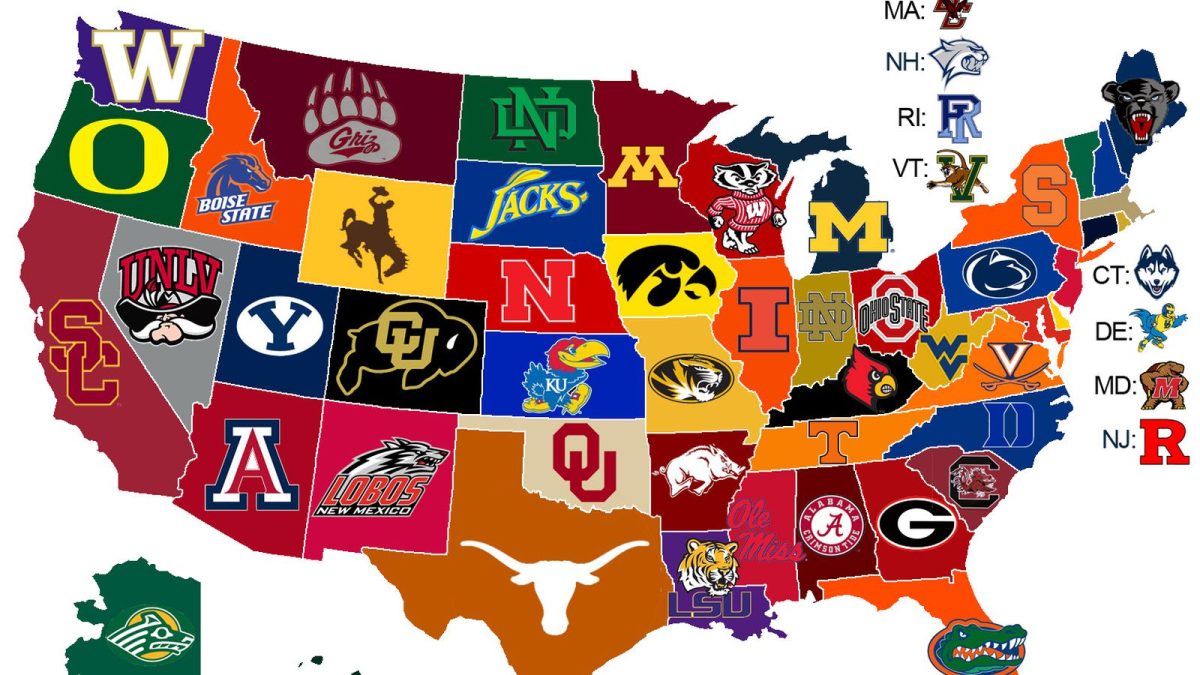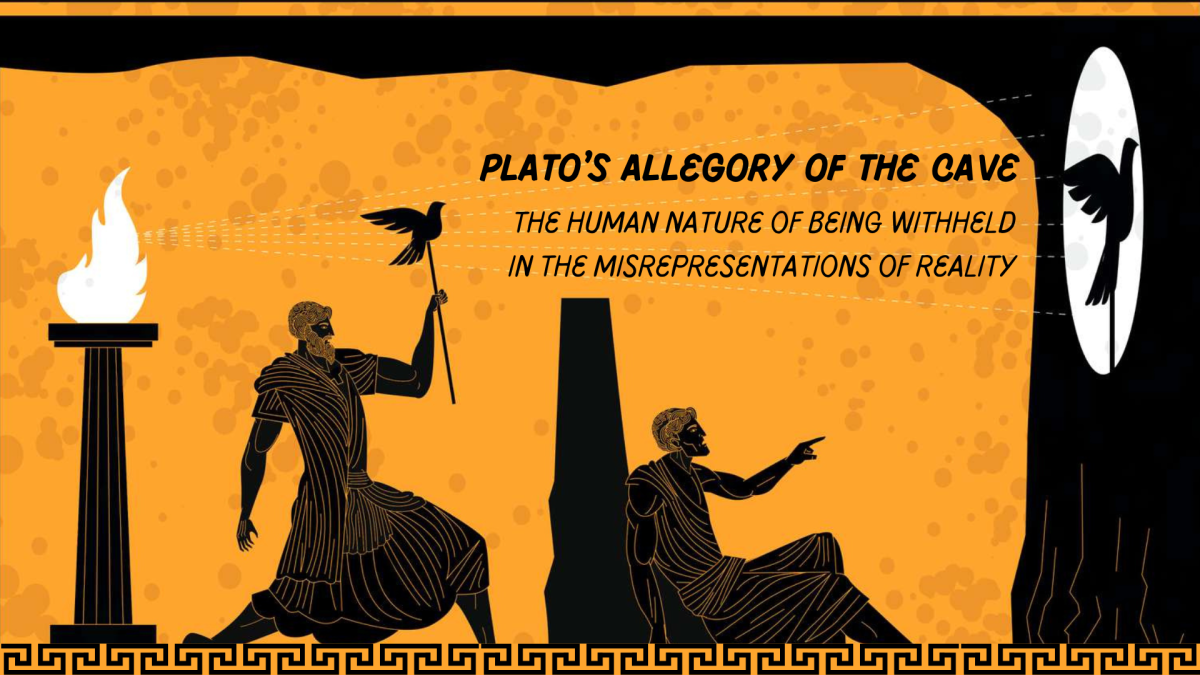It is the year 2015. The transfer window for Europe’s soccer clubs just closed. The English Premier League spent $1.164 billion, while the German Bundesliga spent $559 million, around half as much as the Premier League.
Fast forward to 2025. With the transfer window now closed, the Bundesliga spent $1 billion, while the Premier League spent $4.160 billion. That is more than all the other top leagues combined and more than four times as much as the Bundesliga! How could this big of a gap arise?
If you take a look at the winners of the Champions League, the Europa League and the Conference League since 2021, you see that during the 2010’s, an English team only won a European title five out of 20 times. Although if you were to only look at the last three years, four out of nine times the winning team was English. The highlight, however, was the last season with Chelsea winning the Conference League and the Club World Cup, as well as Tottenham winning the Europa League final against Manchester United.
Following the last strong year for English soccer, the previous transfer period was another slap in the face to many fans of the teams from the rest of Europe. Out of 20 Premier League teams, 16 spent more than $100 million, with the Champion Liverpool spending $559 million. For context, if you take all the teams from Germany, Spain, Italy and France together, only 16 out of 76 teams spent more than $100 million.
A good example to show how the Premier League could become so dominant in the last 10 years is by comparing it to the German Bundesliga. The most important source of income for professional sports leagues is the TV revenue. The greater the interest in a league is, the greater the TV revenue is. It is also important that there is competition among the bidders so they can push each other up in terms of prices. The TV revenues are the point where the Premier League is simply miles ahead.
If you look at the TV revenue 20 years ago, the Bundesliga was ahead of the Premier League. According to Sportspro.com, the Premier League only obtained $460 million per year during the cycle from 2004/05 to 2006/07. The Bundesliga however, obtained $510 million per year during the cycle from 2004/05 to 2008/09. While the Premier League got more than $1 billion for the first time during the cycle from 2013/14 to 2015/16, the Bundesliga obtained $1 billion in 2017/18 first, as stated by Fernsehgelder.de. The biggest jump for the Premier League happened in 2016, when Sky Sports and BT Sports, scared by the possibility that BeIN Sports could outbid them, committed a combined $2.311 billion a year. Even though the next contract was only worth $2.008 billion a year, it cemented the top position of the Premier League. The current contract from 2025/26 until 2028/29 is worth $2.261 billion a year, and while the revenue of the Premier League grew again, it looks like the Bundesliga has reached its maximum, with the revenue being nearly the same over the last three contracts, currently sitting at $1.300 billion a year.
This gap of $900 million a season doesn’t explain how the English clubs could spend as much as everyone else together. Because where the Premier League has really pulled ahead of everyone is in international marketing. While the other soccer leagues generate nearly all of their revenue through national TV, the Premier League is the only one that generates more revenue with international TV rights than with the national. Over the last four years, the Premier League got $7.155 billion with international TV rights, $1.788 per season, while they got $6.885 billion through national TV rights. The Bundesliga however, only got $252 million per season over the last three years and it doesn’t look like it will improve in the near future, as for the next season, the international TV revenue will stay the same.
With domestic TV deals stagnating everywhere, the way for leagues to generate more revenue now leads through international marketing. Regarding the supremacy position the Premier League owns, other clubs must expand internationally to have the slightest chance of the Premier League not becoming a Super League. This however, becomes harder with every season where English clubs just buy every good or talented player out of the other leagues, which makes leagues like the Bundesliga unattractive for international fans, which makes it more improbable that they get more money out of international TV contracts. Another factor that makes a league attractive is competition. This is a point where the Bundesliga has barely no chance to improve, with Bayern Munich winning the championship in 12 out of the last 13 seasons.
It currently looks like the Premier League will only become richer, while they accumulate all the talent in the world, so that they won’t only win four out of nine international titles in three years, but rather eight or even nine. As of right now, it looks not just like a possibility, but more like an unavoidable future.






























